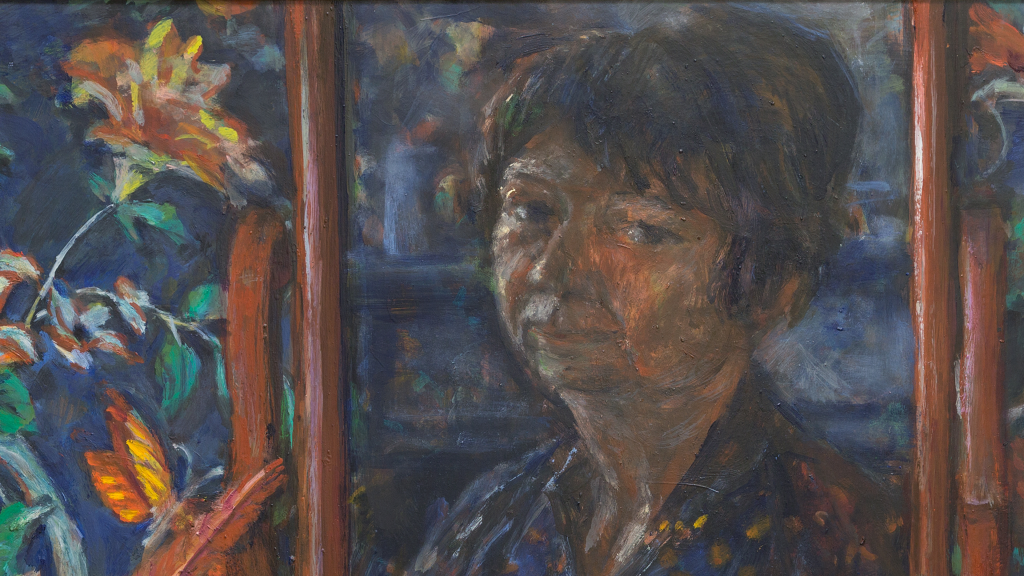
In her Brisbane school days, Margaret Olley (1923-2011) was ‘always rushing around, quite rebellious, doing her own thing. She wasn’t particularly academic, so she wasn’t interested in any of that.’ It was at this time that encouragement from a particularly supportive art teacher, Caroline Baker, helped spark Olley’s interest in art making – a realisation […]
Read More…

Albert Wallbank served as a police constable in Carrington, Newcastle for seven years until March 1921, when he was transferred to Dudley, then a small seaside town. The ink stand pictured dates to the 1920s and is believed to have been gifted to Constable Wallbank. Perhaps it was a farewell gift from the Carrington community, […]
Read More…
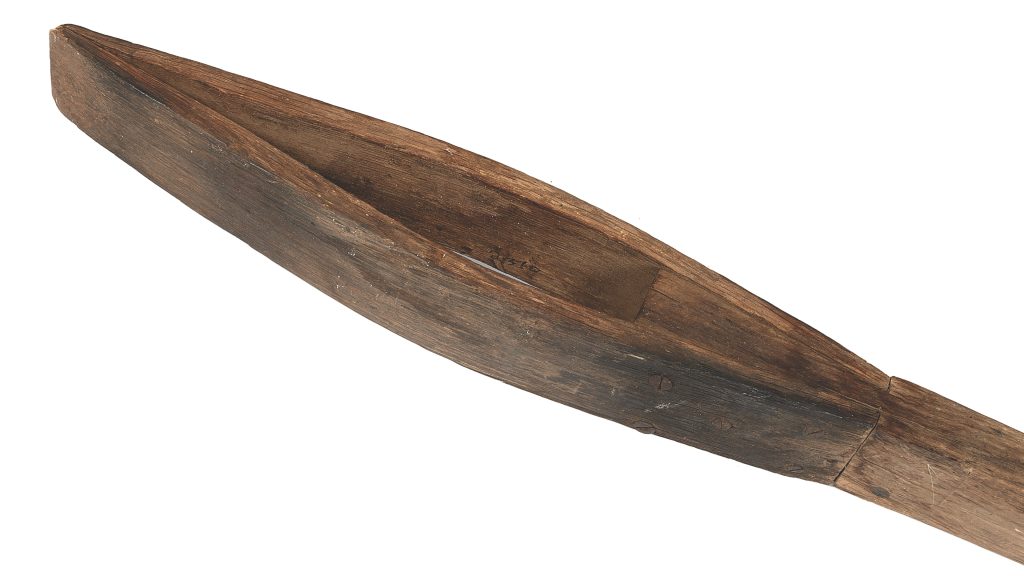
It’s hard to imagine that we once relied on horses and bullocks to take bulky produce to market, move heavy loads, and travel long distances. Back then, saddlers were essential because they made and repaired harnesses and leatherwork. In the 1870s, John Priest (born c. 1851) was one of the first saddlers to open in […]
Read More…
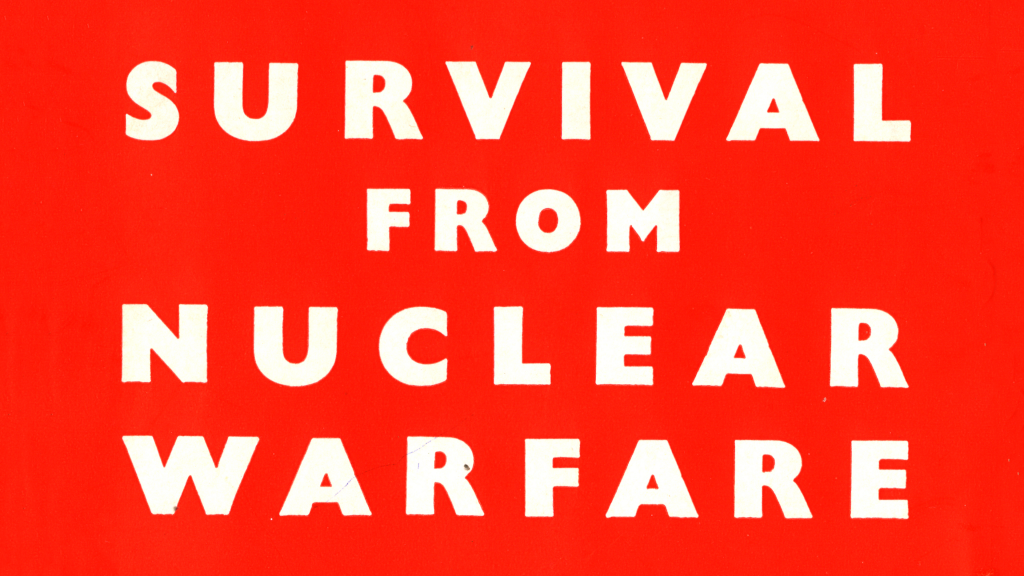
‘If Soviet Russia has the hydrogen bomb… then the West must turn again to its defences.’ Published in the Newcastle Morning Herald and Miners Advocate in 1953, this foreboding warning came in response to the Soviet Union’s explosion of their first thermonuclear weapon—a hydrogen bomb. Soviet Chairman Georgy Malenkov considered this the end of the […]
Read More…
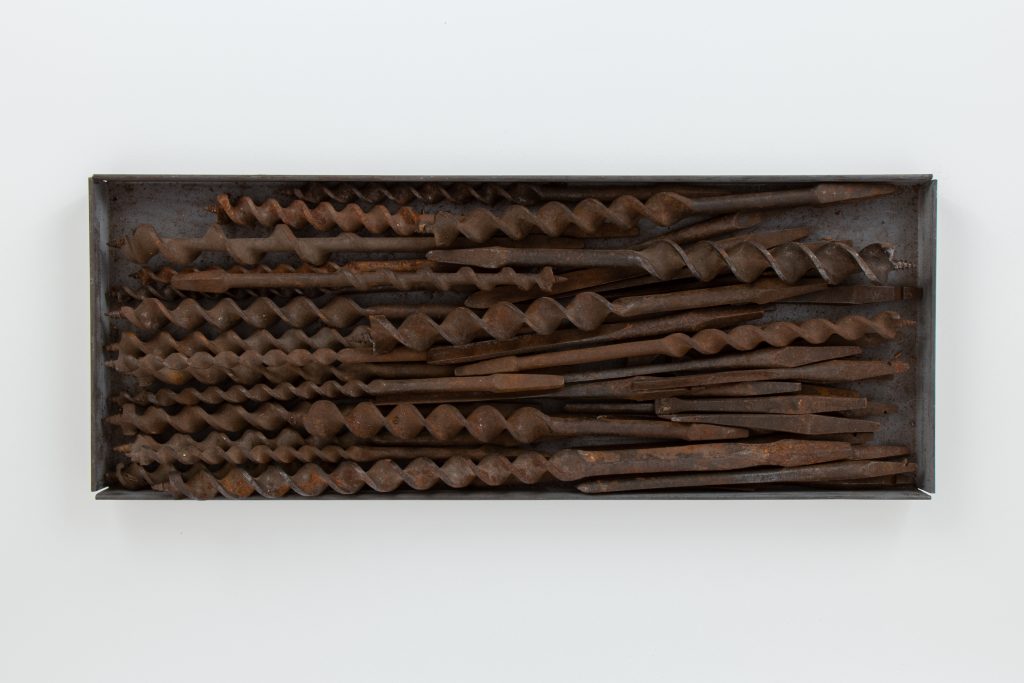
At this point, the history of Newcastle, located on Awabakal and Worimi country, is enmeshed with coal mining – but this was not always the case. Though these twentieth-century drills bits may have seen use in one of the many coal mines in the region, they are actually typical of those used for woodworking or […]
Read More…
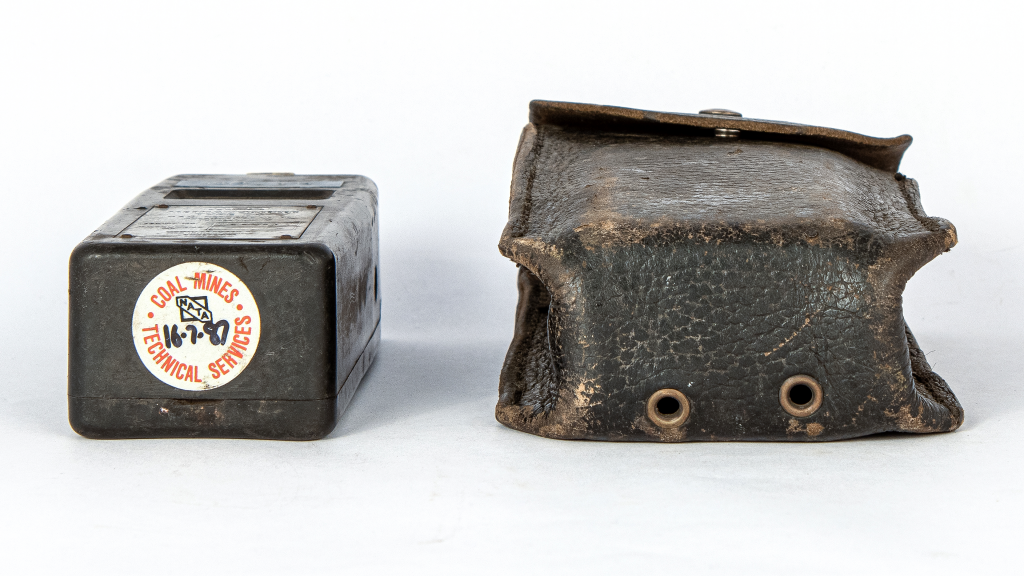
Imagine spending hours underground every day, working in a dark, damp, confined space, and breathing powdered coal dust that also coats your hair, skin and clothing. Add to that a constant, risk of physical injury, cave-ins, and the threat of explosions caused by any burning substance coming into contact with the methane gas seeping out […]
Read More…
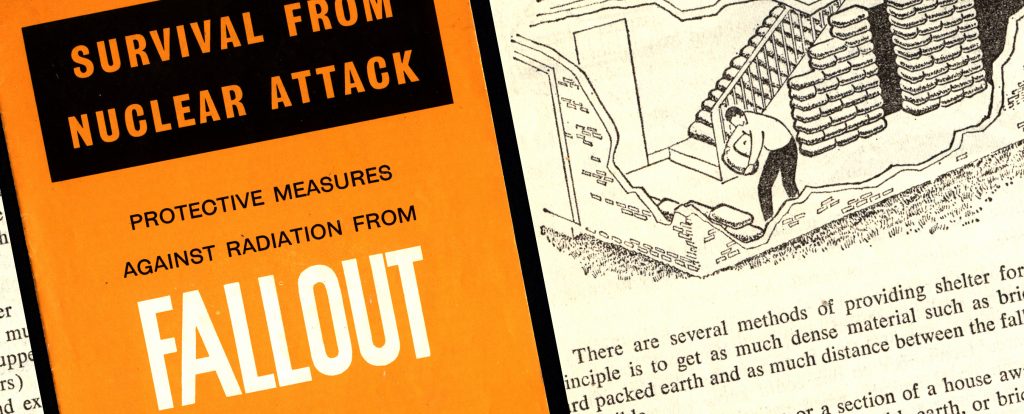
‘At present nuclear attack on Australia is unlikely,’ reads the final page of this booklet, ‘Should our strategical circumstances change and it become advisable for you to prepare to meet the dangers of fallout, you will be informed.’ Locals of the Greater Newcastle area would have had mixed emotions when these pamphlets began arriving for […]
Read More…
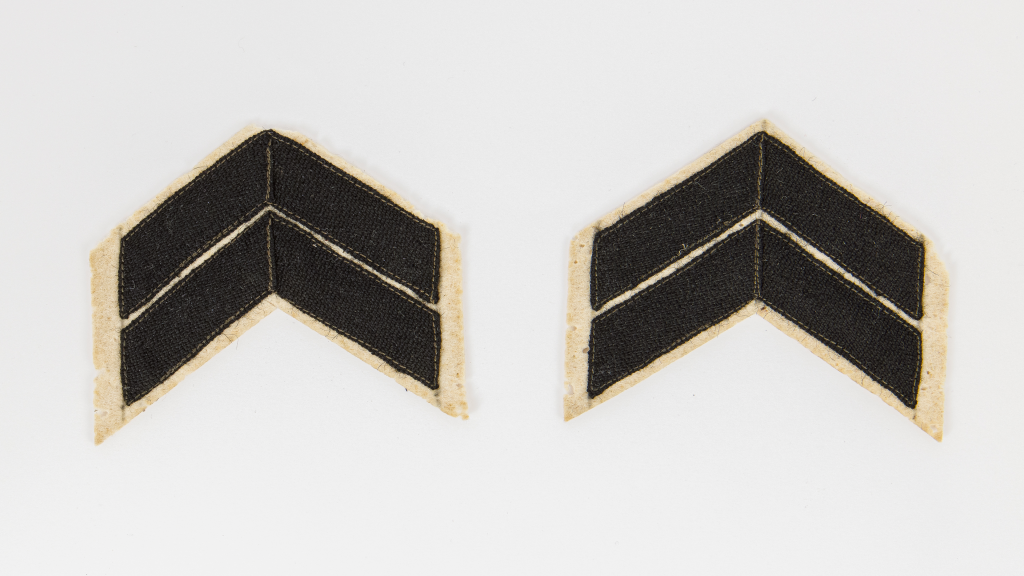
After 24 years of service at Dudley Police Station, on the 20th July 1945, Constable Albert Edward Wallbank (1887-1953) was promoted to the rank of Senior Constable. Upon receiving his new rank and responsibilities, Wallbank also earned these Senior Constable stripes that were affixed to his uniform. As a policeman, Wallbank dealt with his fair […]
Read More…
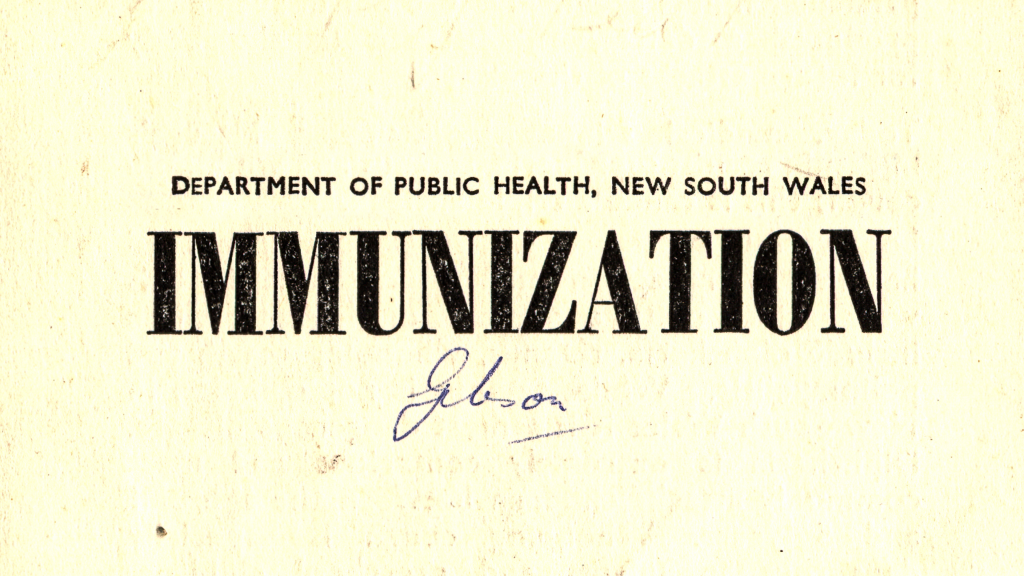
News of the success of the poliomyelitis (polio) immunisation program would have delighted Dr. Kenneth Starr, a former Medical Superintendent of Newcastle Hospital during the 1930s. Polio was one of the most terrifying diseases to sweep across Australia during the 20th century. Affecting mostly children, in many cases it could cause permanent paralysis and even death. […]
Read More…
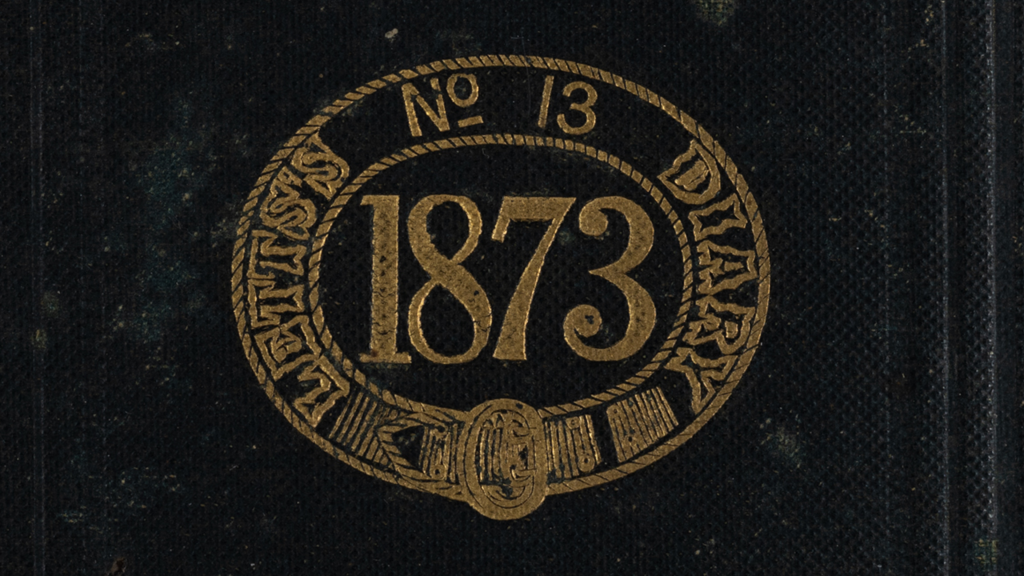
Computers, tablets and smart phones might be helpful, but many would agree there’s still nothing like scribbling down your thoughts using a pen and paper. In December 1872, when Maitland Mercury newspaper employee John Thompson ( – 1902) first opened this diary, he seems to have been thinking of using it in the coming year […]
Read More…











